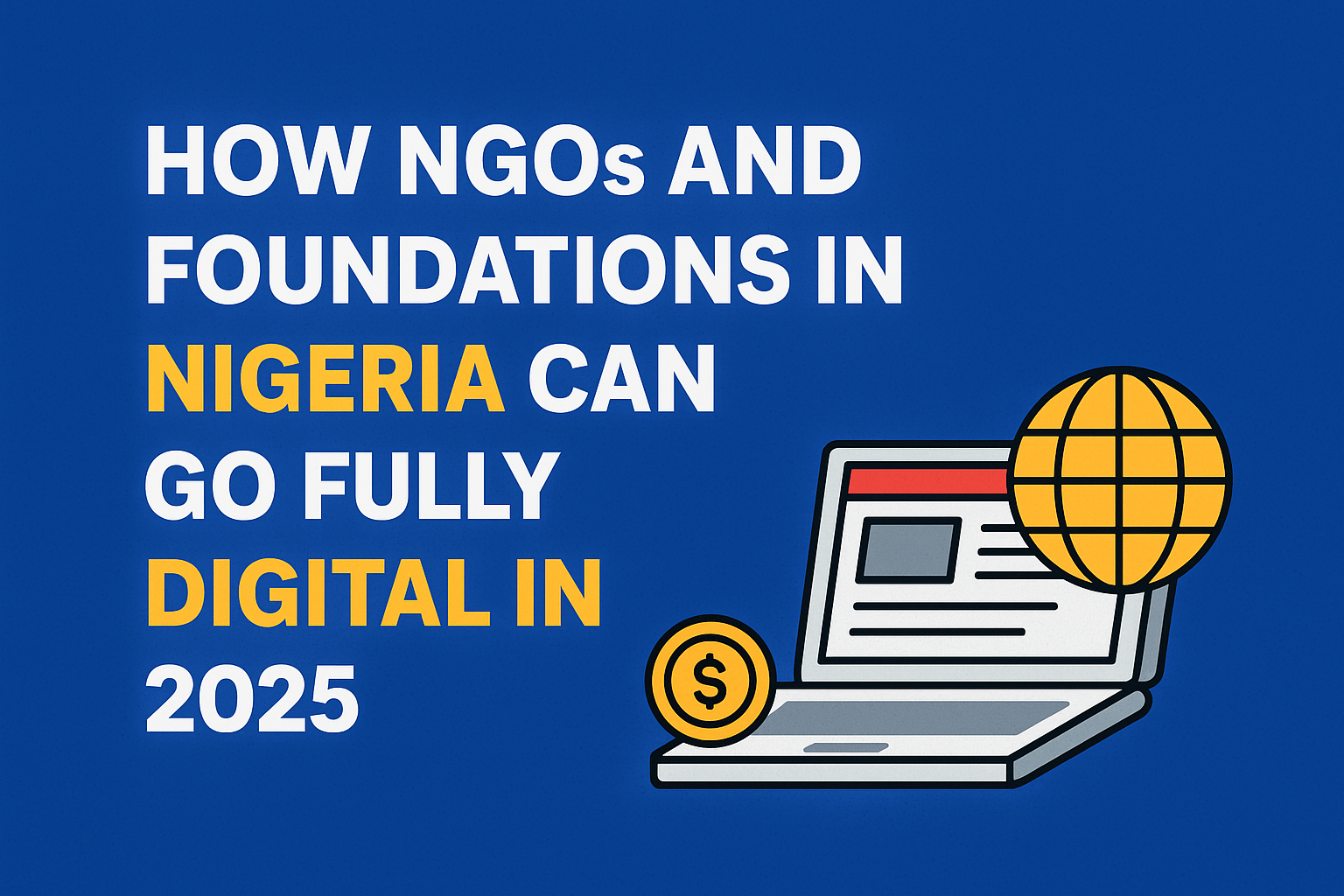Transforming Nigerian Businesses with Digital Tools In 2025
In the ever-evolving global economy, digital transformation is no longer a luxury — it’s a necessity. In Nigeria, where small and medium-sized enterprises (SMEs) form the backbone of the economy, embracing digital tools has become vital for growth, competitiveness, and sustainability.
From online marketing to cloud-based operations, Nigerian businesses are increasingly tapping into the power of technology to reach new markets, streamline operations, and improve customer experience. This article explores how digital tools are reshaping the business landscape in Nigeria — and why now is the time for every enterprise to get on board.
READ ALSO: How ENGRMKS & CO. Helped Local News Platforms Go Fully Digital
1. Expanding Reach through Digital Marketing
Traditional marketing methods like flyers and radio ads still have their place, but digital marketing has transformed how Nigerian businesses attract and retain customers. Platforms like Facebook, Instagram, TikTok, and Google Ads enable businesses to:
– Run targeted advertising campaigns
– Engage directly with consumers
– Track performance metrics in real-time
– Sell products online via social commerce
Digital marketing is not only cost-effective, but it also levels the playing field for small businesses looking to compete with larger brands.
2. Enhancing Efficiency with Cloud-Based Solutions
Gone are the days of manual paperwork and on-premise file storage. With cloud-based tools like Google Workspace, Microsoft 365, and Dropbox, businesses can:
– Collaborate remotely in real-time
– Access documents from anywhere
– Improve data security and backup
– Reduce operating costs
These tools have become especially valuable for Nigerian startups and SMEs that rely on agility and remote collaboration to scale their operations.
3. Driving Sales with E-Commerce Platforms
The rise of e-commerce in Nigeria has opened new revenue streams for both product- and service-based businesses. Platforms like Jumia, Konga, Shopify, and Flutterwave Store make it easier than ever to:
– Set up online stores
– Accept payments in local and international currencies
– Manage inventory and deliveries
– Integrate with social media platforms
This shift has enabled many small businesses to operate without a physical storefront while reaching customers across Nigeria — and even abroad.
READ ALSO: Top 7 Web Design Trends Every Nigerian Business Should Know in 2025
4. Streamlining Operations with Business Automation Tools
Digital tools help businesses eliminate repetitive manual tasks. With platforms like Zoho, Trello, Asana, and QuickBooks, Nigerian businesses can automate:
– Accounting and invoicing
– Inventory management
– Workflow tracking
– Human resources processes
This not only saves time and reduces human error but also frees up business owners to focus on strategy and innovation.
5. Empowering Financial Inclusion through Fintech
Nigeria’s fintech sector is booming — and it’s transforming the way businesses manage money. Tools like Paystack, Moniepoint, Opay, and Paga enable even micro-businesses to:
– Receive instant payments
– Offer mobile money services
– Manage digital wallets
– Access short-term loans and financial services
This digital finance ecosystem is helping bridge the gap between informal traders and the formal economy, fueling business growth across all sectors.
6. Improving Customer Experience through Digital Channels
Today’s consumers expect instant communication and personalised service. Businesses that utilise digital customer service tools — like WhatsApp Business, chatbots, live chat, and CRM platforms — can:
– Respond quickly to inquiries
– Send automated updates
– Collect feedback
– Build lasting customer relationships
With over 90 million internet users in Nigeria, engaging customers where they are — online — is critical for retention and reputation.
READ ALSO: 5 Reasons Your Business Needs a Mobile App in Today’s Market
7. Building Online Presence with Websites and Mobile Apps
A professional website or mobile app is more than just a digital brochure — it’s a gateway to credibility, visibility, and long-term customer trust. Nigerian businesses that invest in:
– Mobile-responsive websites
– Search engine optimisation (SEO)
– App-based service delivery
can stand out in an increasingly crowded market. Platforms like WordPress, Wix, and mobile app builders like Glide or Flutter have made it easy and affordable to get started.
Challenges and Opportunities
While the benefits of digital transformation are clear, Nigerian businesses still face challenges such as:
– Limited access to reliable internet in rural areas
– High cost of digital infrastructure
– Low levels of digital literacy
However, government initiatives, private investment in tech infrastructure, and the growth of tech hubs like Yaba and Abuja are paving the way for broader adoption of digital tools.
Conclusion
Digital tools are not just transforming Nigerian businesses — they’re redefining what’s possible. From expanding market reach to streamlining daily operations, digital adoption is helping businesses become more resilient, innovative, and competitive in a global marketplace.
For Nigerian entrepreneurs and SMEs, the message is clear: embracing digital transformation is no longer optional — it’s the engine of growth. The sooner you start, the sooner you’ll thrive in the digital economy.





